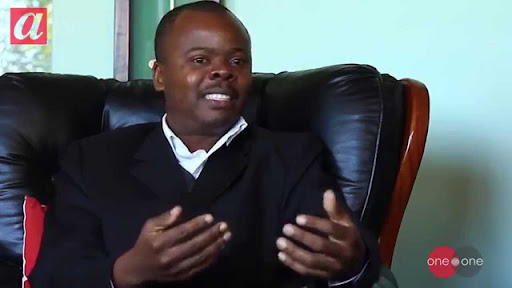SMEs want simple taxation system
SMALL to Medium Enterprises (SME) have implored the Government to put in place a simplified tax regime for the sector in order to promote compliance with national tax regulations and requirements.
Generally, simplified tax systems for micro and small enterprises (MSEs) in developing countries are meant to facilitate voluntary tax compliance and remove obstacles in moving towards business formalisation and growth.
It is estimated that about 70 percent of current Zimbabwe’s economic activity is carried out in the informal sector.
There are formal and informal SMEs in Zimbabwe’s economy and they remain one of the local economy’s conundrums as the government keeps searching for ways to incorporate the informal sector into the mainstream economy and also to promote the growth of formal SME’s.
Addressing delegates at a post-2022 National Budget breakfast meeting hosted by ZTN and Business Weekly, SME Association of Zimbabwe chief executive Farai Mutambanengwe said the Treasury should revisit the idea of a simplified tax regime (highlighted before) to enhance compliance with tax laws by SMEs.
“We made a request for a simplified tax regime for MSME’s a few years ago which was part of rapid response initiative, clearly that submission has now gathered dust, we would like the minister to dust it up, look at it again as a way of taxing the MSME sector,” he said.
Normally, the simplified tax regime is chained out in form of simple lump sum or fixed amount taxes (also known as patents), usually targeted at microenterprises, taking into account that such businesses are often operated by illiterate or semi-literate entrepreneurs.
Some are chained out as presumptive profit taxes or single taxes which are based on turnover, either with the tax liability calculated as a percentage of turnover or with net profit calculated by applying a standardised cost deduction from turnover to account for business expenses.
However, according to the World Bank, very simple fixed tax regimes, which do not require much bookwork or records tend to be overly popular but prone to widespead abuse.
Findings show that despite the operation of a special simplified tax regime, in some cases small firms may be deterred from formalising due to perceived excessive tax burdens, compliance costs, and risks (including risks of punishment for real or alleged non-compliance).
Mr Mutambanengwe also indicated that the SME sector still requires a lot more Government support in terms of financial assistance, training, and development of decent infrastructure in their workplaces.-The Herald










